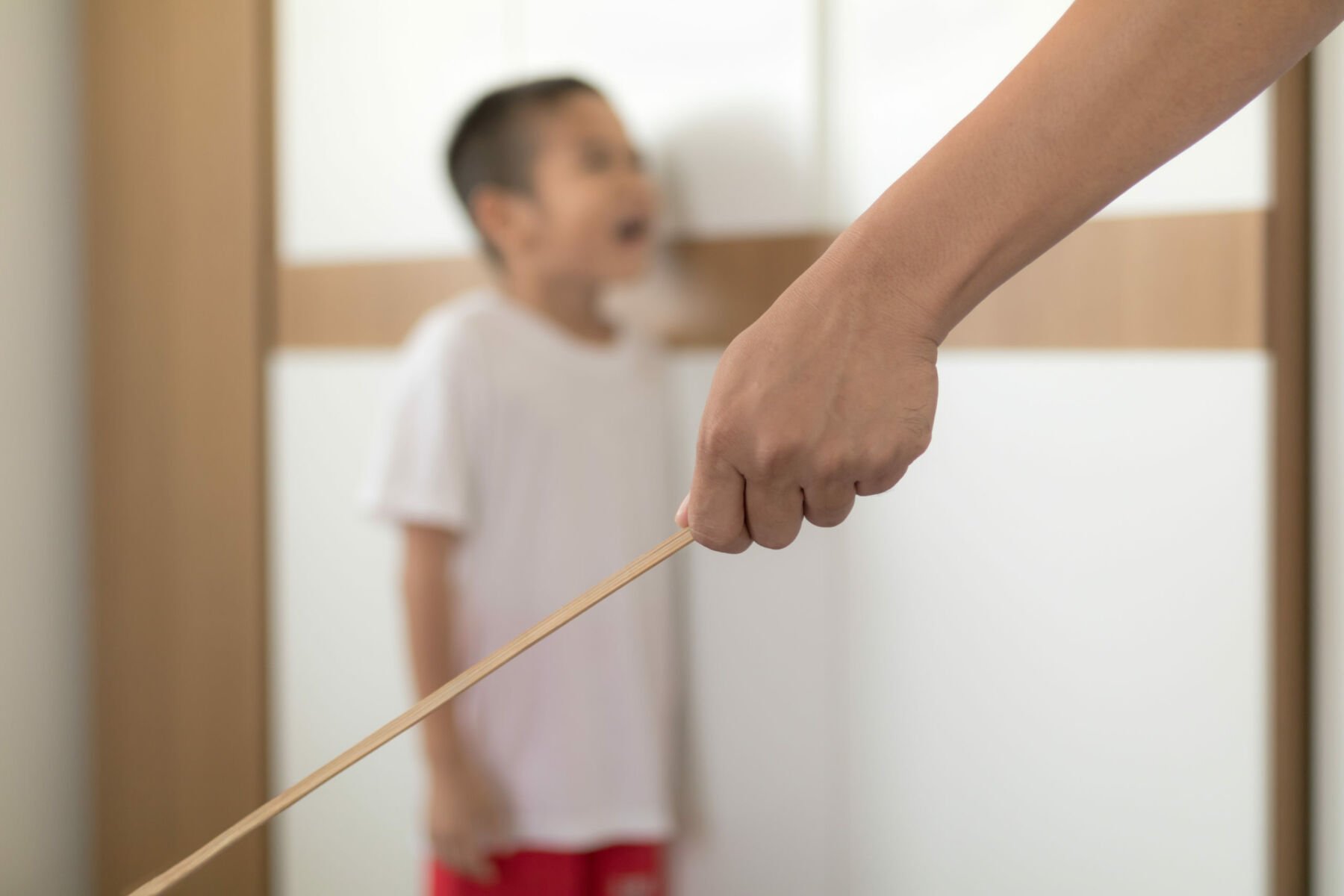Thailand to set to ‘whip’ up new parenting rules with no-cane bill

In a groundbreaking move that could change the way Thai parents discipline their children, a committee is poised to introduce a “no-cane” bill to the House. If given the green light, Thailand will become only the second nation in the ASEAN region to outlaw corporal punishment, potentially marking the end of an era for its 89 year old disciplinary law.
Weeraphat Khantha, the committee’s spokesperson, has highlighted the current legislation, entrenched in the Civil Procedure Code, which still allows parents to wield the cane. This archaic rule has been part of Thai law for nearly nine decades.
The Social Development and Human Security Ministry, drawing on data from UNICEF’s Thailand office, revealed a troubling fact: in 2022, a staggering 38.6% of children aged one to 14 endured physical punishment from their parents, reported Bangkok Post.
Spurred by these stark statistics, the committee is championing a legislative shift towards positive parenting practices. The proposed amendments aim to foster a nurturing environment for kids and improve family dynamics across the nation, said Weeraphat.
“The change is expected to promote a better relationship between parents and children and lessen children’s trauma.” If the bill sails through the House, Thailand will join an elite club of 68 countries worldwide that have already said no to caning and will proudly stand as the second ASEAN country to do so.
Is this the dawn of a kinder, more understanding approach to child-rearing in Thailand? The world will be watching.
Frequently Asked Questions
Here are some common questions asked about this news.
Why is Thailand considering banning corporal punishment after nearly 90 years?
Promoting positive child-raising practices and reducing trauma.
How might banning corporal punishment impact parent-child relationships in Thailand?
It could foster better relationships and a more supportive environment.
What if Thailand successfully implements the no-cane bill?
Thailand would be the second ASEAN nation to prohibit corporal punishment.
Why is the Social Development and Human Security Ministry pushing for this legislative change?
To decrease physical punishment and improve children’s development.
How could joining the 68 countries with no-caning laws influence Thailand internationally?
It could enhance Thailand’s reputation in child rights and protection.
Latest Thailand News
Follow The Thaiger on Google News:


























